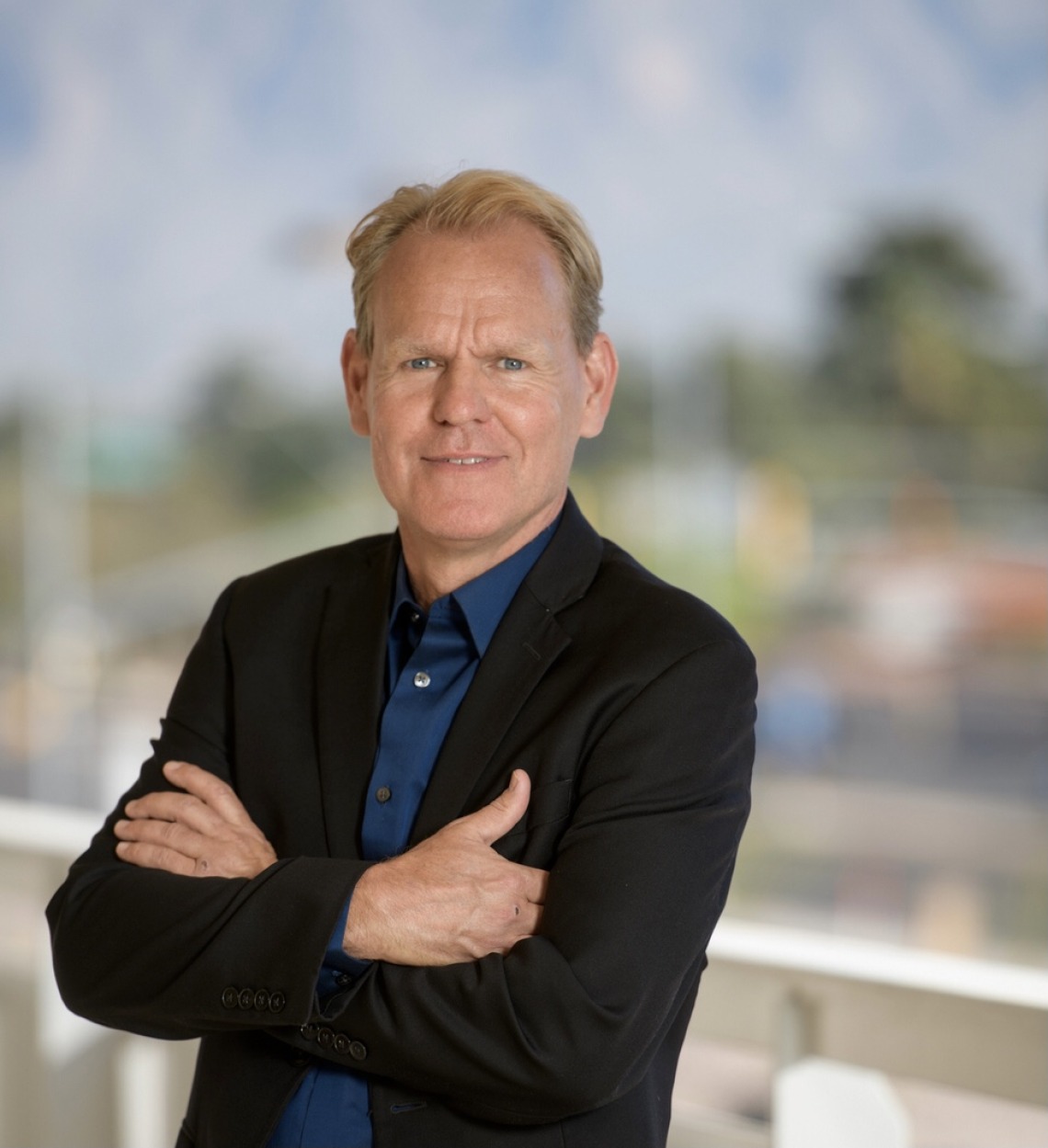Dr. Georg Wondrak Awarded $409,888 from NIEHS for Translational Research on HOCI Impact on Skin Cancer

Exposure to specific environmental toxicants is an established major public health concern. Hypochlorous acid (HOCI) is the active oxidizing principle released by standard disinfectants used on a global scale during processing of fresh water for human use. The health consequences of chlorination stress inflicted by HOCI-exposure remain largely unknown, posing a major health concern relevant to populations around the world. With support from the Southwest Environmental Health Sciences Center (SWEHS), the Wondrak laboratory is studying molecular consequences of HOCI-exposure in cell culture, skin tissue models, and mouse models of UV-induced skin damage and cancer. The grant titled ‘Exploring the Role of HOCI in Skin Photodamage, and Carcinogenesis’ (R21ES029579) will explore the potential adverse health effects caused by the combined exposure to solar ultraviolet (UV) radiation and chlorination stress (HOCI-coexposure).
NIEHS has awarded Wondrak $409,888 for this two-year study. Dr. Georg Wondrak’s goal is to define the specific molecular mechanisms underlying HOCI-potentiation of solar UV-induced oxidative insult and genotoxic stress, examined in cultured skin cells and human epidermal tissue reconstructs. Additionally, Wondrak will explore the potentiating role of HOCI co-exposure in established murine modes of UV-induced acute photodamage (sunburn), systemic photo immunosuppression, and photo carcinogenesis. The global importance of human exposure to chlorination stress mediated by HOCI creates an urgent need for detailed molecular investigations met by the exploratory and translational research pursued in this project.
Dr. Wondrak’s research aims at redox drug discovery targeting skin cancer and solar photodamage. He is an Associate Professor in the Department of Pharmacology and Toxicology, College of Pharmacy. He is also a member of University of Arizona Cancer Center (UACC), as well as the Southwest Environmental Health Sciences Center (SWEHSC). Dr. Wondrak is currently supported by R03CA230949 and R01CA229418.
